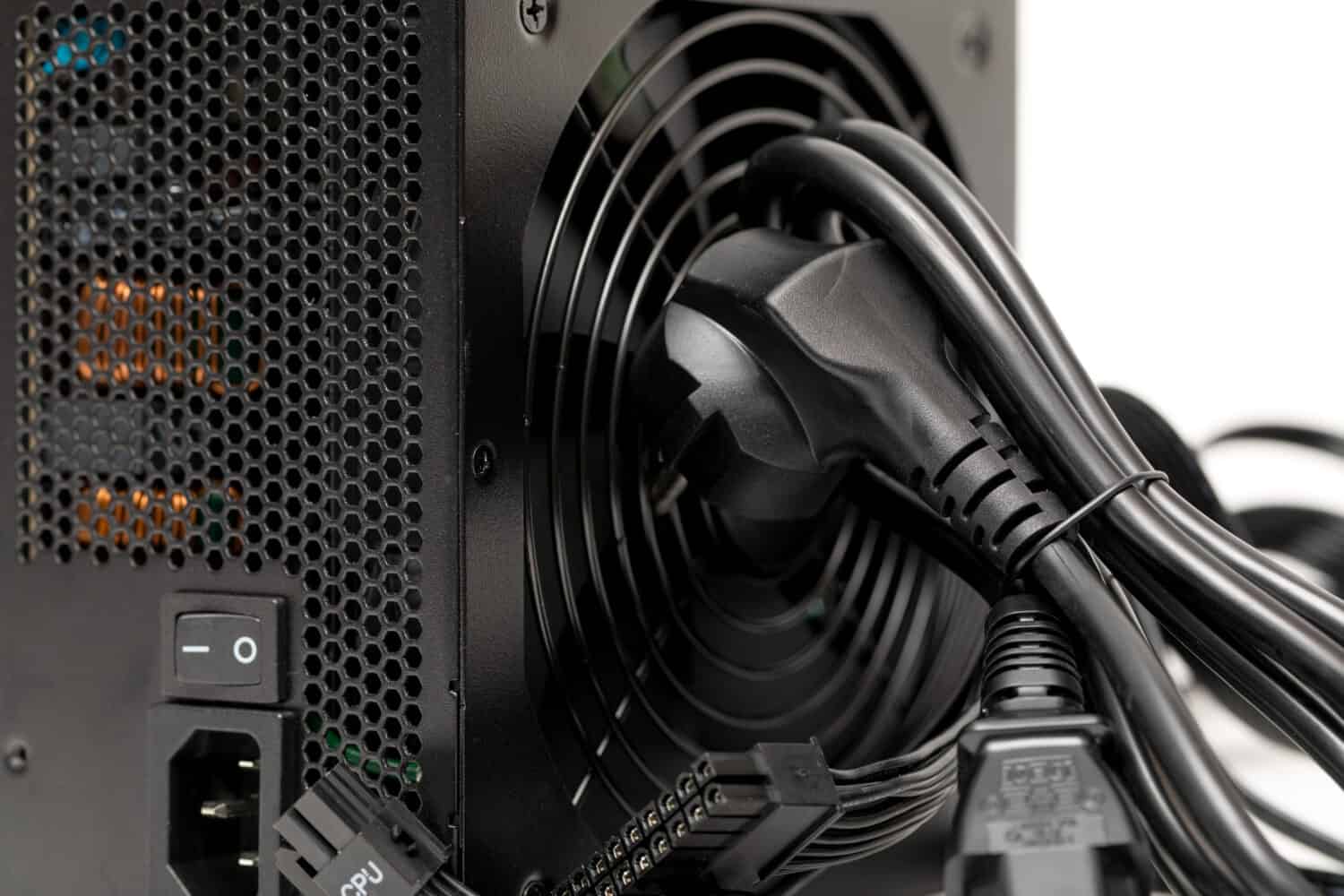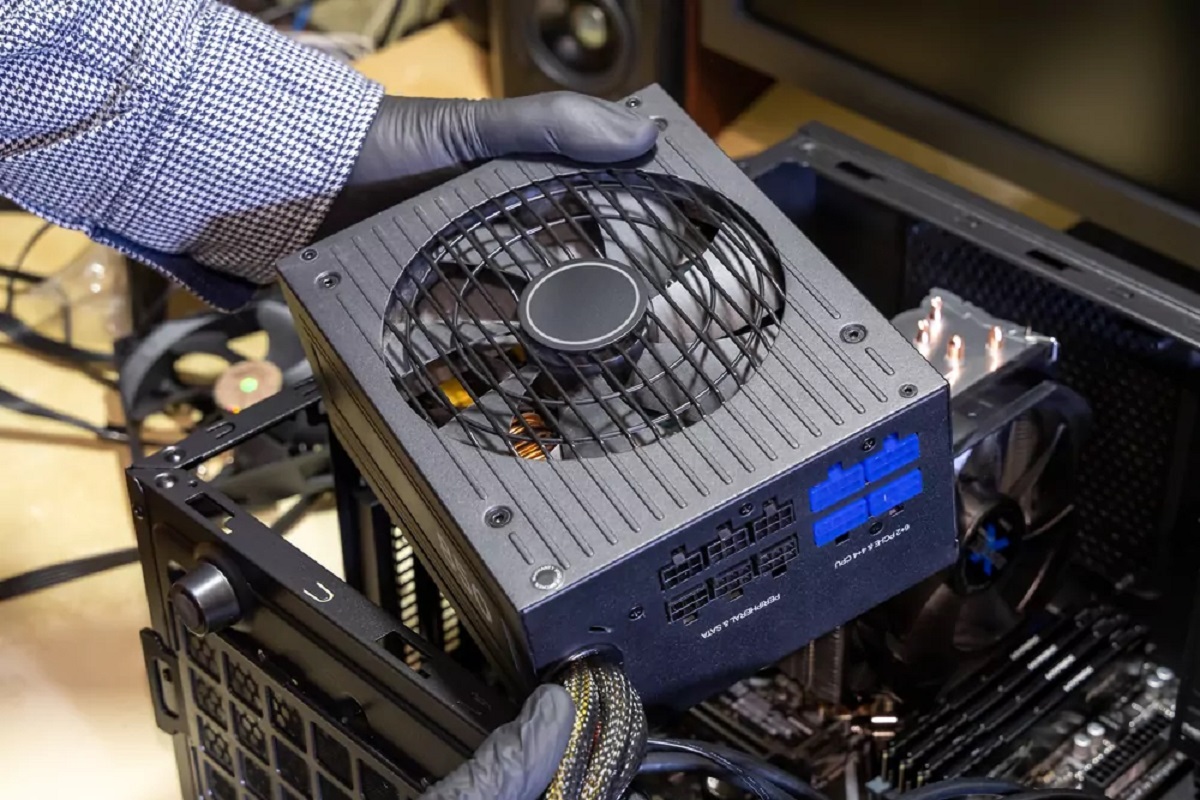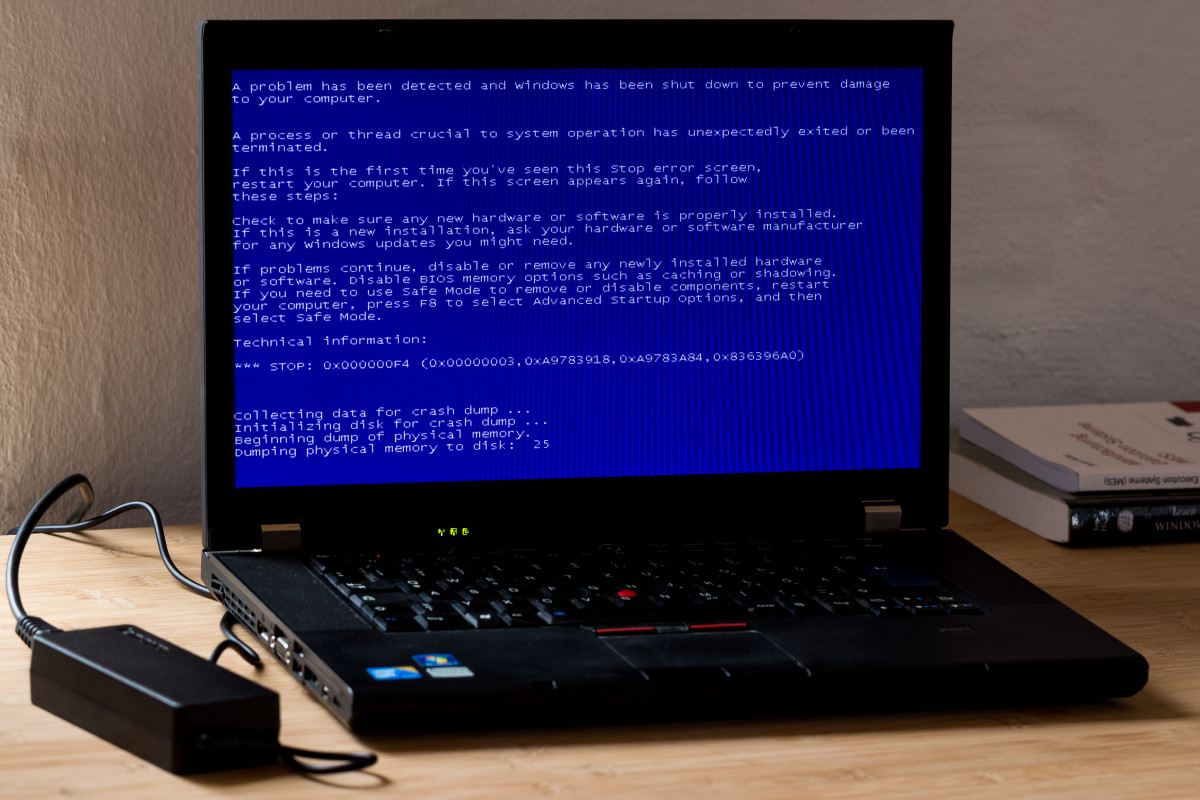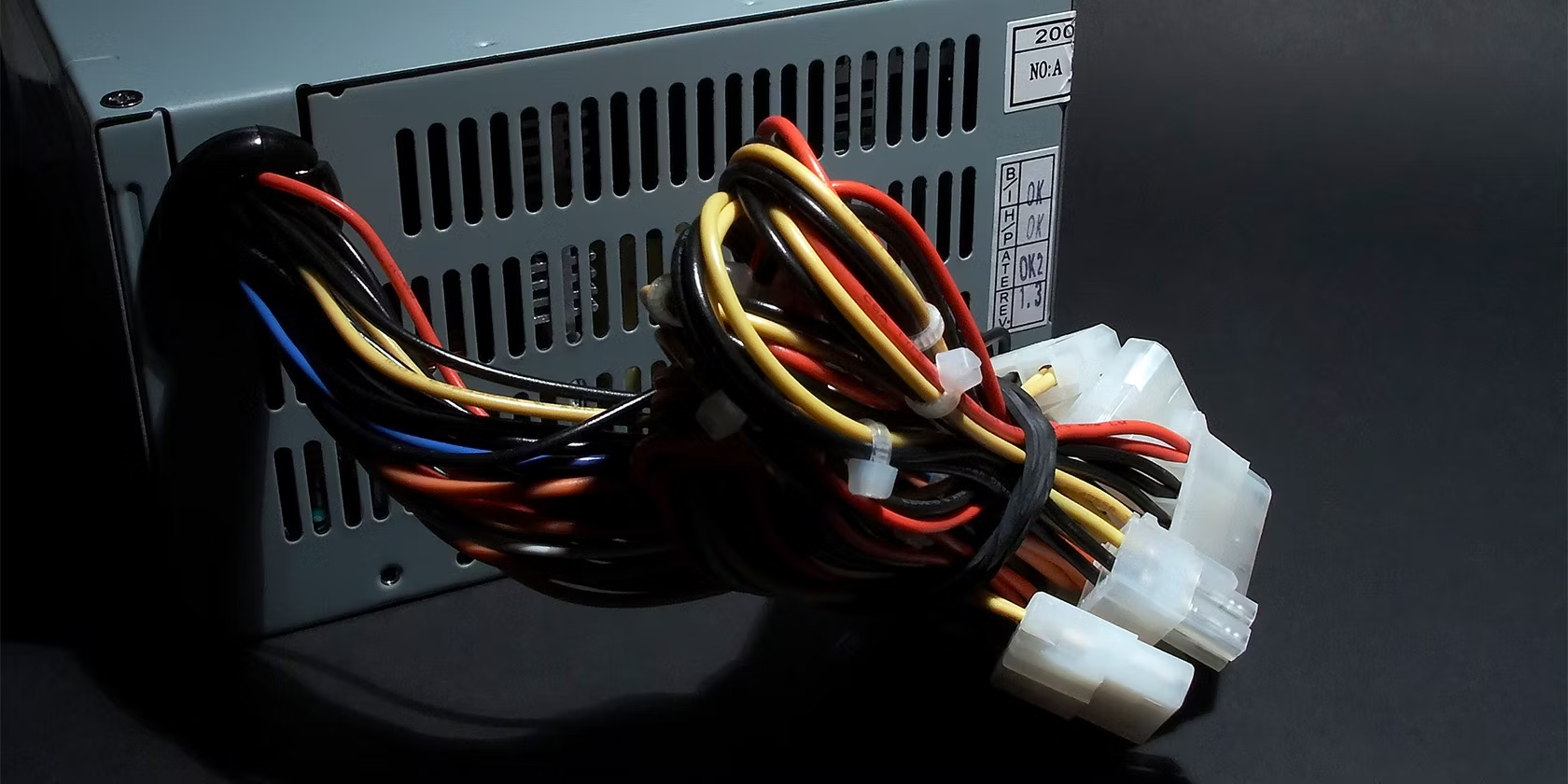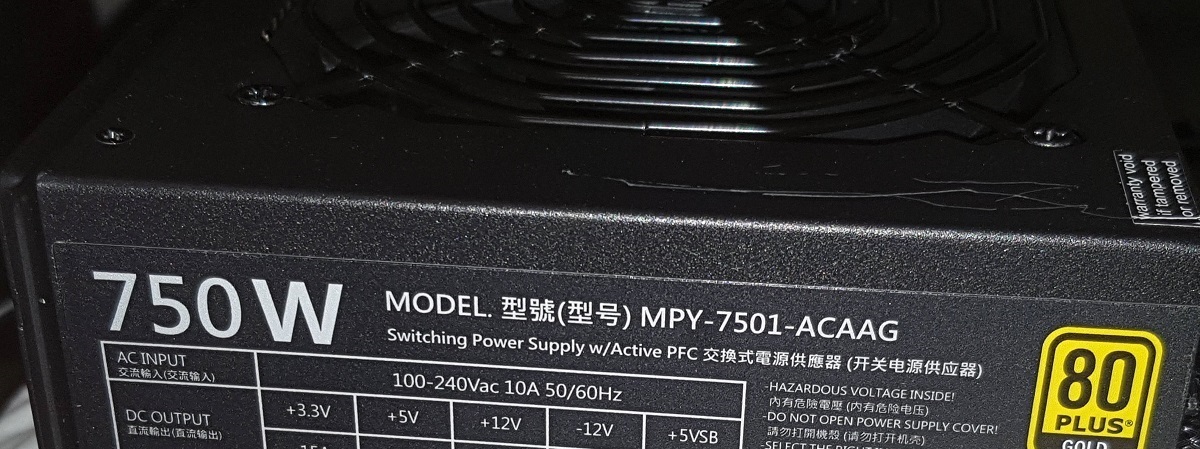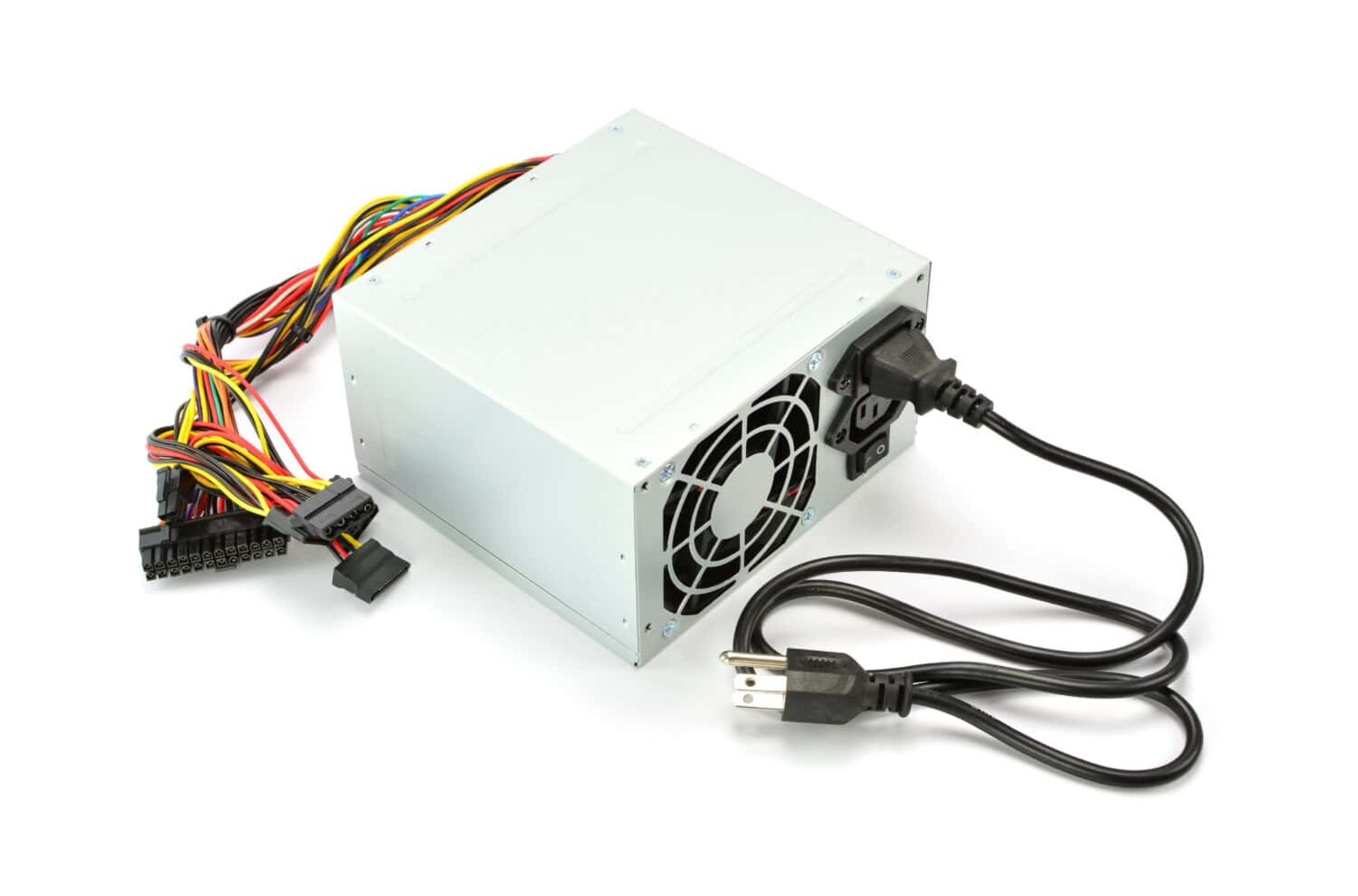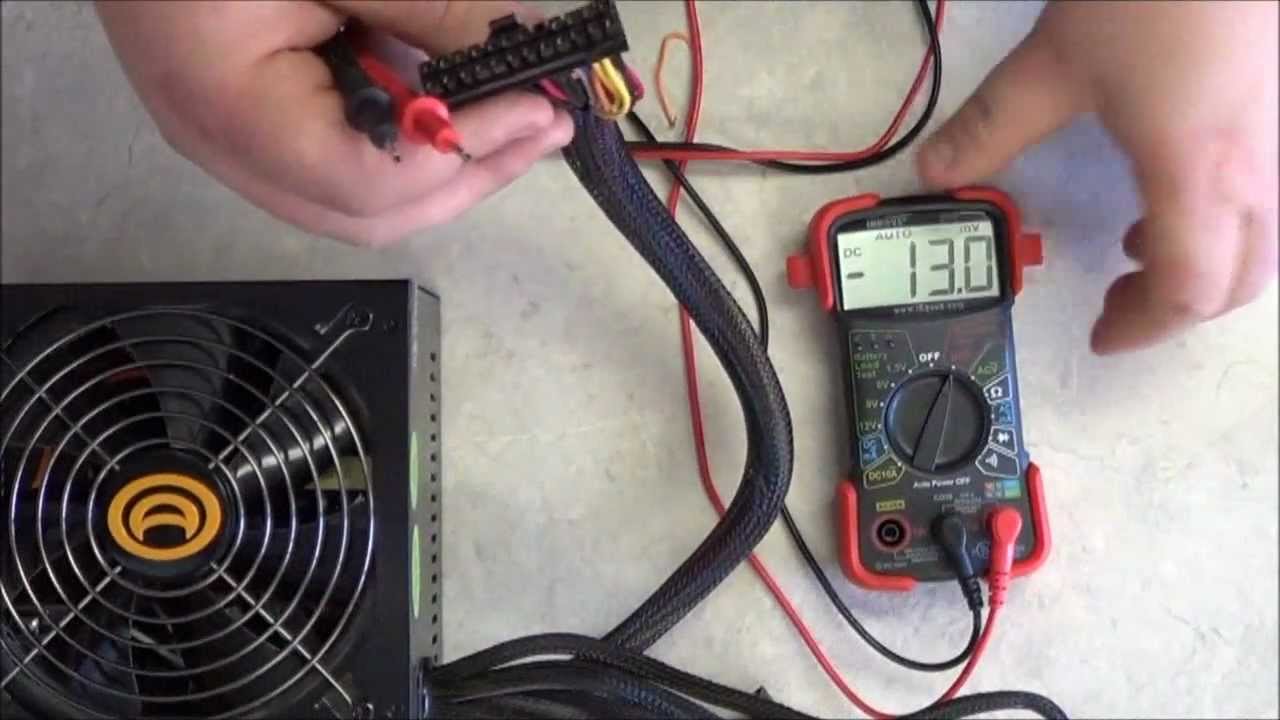Introduction
Power Supply Units (PSUs) are crucial components of any electronic device, whether it’s a computer, television, or gaming console. They provide a steady flow of power to ensure the proper functioning of these devices. However, like any other electronic component, PSUs can encounter issues and ultimately fail. One common concern that many people have is whether PSUs make noise when they are failing.
Noise coming from a PSU can indeed indicate an underlying problem. It’s important to understand the causes, types, and implications of PSU noise to properly diagnose and address any potential issues. In this article, we will explore the various reasons behind PSU noise, ways to identify failing PSU noise, and the risks associated with a failing PSU.
Before diving into the details, it’s worth mentioning that PSUs can make some noise during normal operation. Mild humming or a quiet fan sound is typically considered normal. However, if you notice a sudden increase in noise levels or strange sounds, it could be a sign of a failing PSU.
Let’s delve deeper into the common causes of PSU noise and learn how to differentiate between typical operational noise and indications of a failing PSU.
Common Causes of PSU Noise
There are several common causes of PSU noise, ranging from minor issues to more serious malfunctions. Understanding these causes can help you identify the source of the noise and take appropriate action. Here are some possible reasons for PSU noise:
- Fan Issues: The fan in a PSU is responsible for cooling the unit. Over time, dust and debris can accumulate on the fan blades, causing them to operate less efficiently and produce noise. Additionally, worn out or damaged fan bearings can result in a buzzing or whirring sound.
- Loose Components: Vibrations can occur within a PSU, especially if components become loose or dislodged. This can lead to rattling or vibrating noises.
- Overheating: A PSU that is operating at high temperatures due to inadequate cooling or improper ventilation can generate abnormal noises. If the internal components of the PSU are getting too hot, it can result in hissing or crackling sounds.
- Electrical Issues: Electrical problems within the PSU, such as faulty wiring or capacitors, can cause buzzing, popping, or clicking noises. These issues should be addressed immediately as they can indicate potential dangers.
- Age and Wear: Like any electronic device, PSUs have a limited lifespan. Over time, components can deteriorate, and this aging process can lead to increased noise levels. As a PSU nears the end of its lifespan, it may produce more noticeable sounds.
It’s important to note that not all noise from a PSU indicates an imminent failure. Some of these issues can be resolved through simple maintenance or adjustments. However, certain types of noise require immediate attention, as they may signal a more severe problem. In the next section, we will explore the types of PSU noise that can indicate a failing unit.
Types of PSU Noise
PSU noise can manifest in various forms, each potentially indicating a different underlying issue. Understanding the different types of PSU noise can help you identify the specific problem you may be facing. Here are some common types of PSU noise:
- Fan Noise: As mentioned earlier, the PSU fan is responsible for cooling the unit. If the fan is causing noise, it could be due to a buildup of dust or debris, a loose fan blade, or a worn-out bearing. Fan noise often resembles a constant hum or whirring sound.
- Rattling or Vibrating Noise: If you hear a rattling or vibrating noise coming from your PSU, it may indicate loose internal components. Poorly secured components can resonate and create these types of noises. It’s important to address this issue promptly to prevent further damage.
- Hissing or Crackling Noise: A hissing or crackling noise can indicate a potential overheating issue. When the PSU is not effectively dissipating heat, components may emit these types of sounds as they become damaged or stressed. Overheating can pose a significant risk to the PSU and other components, so immediate action is crucial when encountering this noise.
- Buzzing or Clicking Noise: Electrical issues within the PSU can result in buzzing or clicking noises. These sounds may occur due to faulty wiring, failing capacitors, or other electrical malfunctions. Electrical problems should be addressed as soon as possible, as they can lead to further damage or even pose a safety hazard.
- Inconsistent Noise: Sometimes, a failing PSU may generate inconsistent noise patterns. You may notice irregularities in sound intensity, pitch, or duration. These variations can indicate a more severe internal issue that requires immediate attention.
It’s worth noting that the presence of noise alone does not necessarily confirm a failing PSU. However, if you experience any of these types of noise and notice other irregularities in your device’s performance, it’s essential to investigate further and take appropriate measures to prevent potential failures.
Next, let’s explore how to identify failing PSU noise and what potential risks a failing PSU can bring.
How to Identify Failing PSU Noise
Identifying failing PSU noise requires careful observation and analysis of the sounds produced by your power supply unit. While not all noise indicates an imminent failure, certain signs can help you determine if the PSU is indeed experiencing issues. Here are some tips to help you identify failing PSU noise:
- Unusual or Excessive Noise: If you notice a significant increase in noise coming from your PSU, especially sounds that are different from its typical operating noise, it could signify a problem. Loud buzzing, crackling, or clicking noises, or any other irregular sounds, might be indications of a failing PSU.
- Consistent Noise: Pay attention to the consistency of the noise. If the noise persists over a prolonged period, regardless of the device’s load or usage, it could suggest an ongoing problem with the PSU. Normal PSU noise tends to vary based on usage and load requirements.
- Device Instability: A failing PSU can have adverse effects on your electronic devices. If you notice frequent system crashes, random reboots, or other instability issues, it could be a result of power fluctuations caused by a failing PSU. These issues, coupled with abnormal noise, can indicate PSU malfunction.
- Burning Odor or Smoke: In extreme cases, a failing PSU may emit a burning odor or smoke. If you detect any burning smell or see smoke coming from your PSU, immediately power off your device and disconnect it from the electrical source. These signs often indicate a critical failure and potential fire hazard.
- Monitoring Software: Some advanced PSUs come with monitoring software that can provide insights into the unit’s performance and temperature levels. By using this software, you can track parameters such as fan speed, voltage, and temperature. Abnormal values or sudden fluctuations may indicate PSU issues.
It’s important to note that PSU noise alone may not always indicate a failing unit. Other factors, such as the overall system setup, environmental conditions, or normal operational noise, can contribute to sound variations. Therefore, it’s crucial to consider the context and look for additional signs of PSU malfunction.
In the next section, we will discuss the potential risks that a failing PSU can pose.
Potential Risks of a Failing PSU
A failing PSU poses several risks, ranging from minor inconveniences to potential hazards. Ignoring PSU issues can lead to severe damage to your electronic devices and even compromise your safety. Here are some potential risks associated with a failing PSU:
- Data Loss: Power fluctuations or sudden power outages caused by a failing PSU can result in data loss or corruption. If your device shuts down unexpectedly due to PSU issues, any unsaved work or files that were open may be lost.
- Device Damage: A failing PSU can cause electrical irregularities that may damage other components of your electronic devices. Power surges or inconsistent voltage output can harm sensitive circuitry, such as the motherboard, graphics card, or hard drive.
- System Instability: A PSU that is not providing a stable power supply can lead to system instability. This can result in frequent crashes, freezes, or reboots, impacting your productivity and the overall performance of your device.
- Fire Hazard: In severe cases, a failing PSU can cause an electrical short circuit or generate excessive heat, potentially leading to a fire. Burning smells, smoke, or visible sparks are clear indicators of critical PSU failure that should not be ignored.
- Financial Loss: Having to replace damaged devices or recovering lost data due to a failing PSU can result in significant financial losses. Addressing PSU issues promptly can help prevent these costly consequences.
It’s essential to take the risks associated with a failing PSU seriously. Regularly monitoring your PSU’s performance, being vigilant for any unusual noise or behavior, and promptly addressing any issues can help mitigate these risks and protect your devices and yourself.
In the next section, we will discuss some preventive measures that can help reduce the chances of PSU failures.
Preventive Measures for PSU Failures
While PSU failures can happen unexpectedly, there are measures you can take to prevent or minimize the chances of encountering such issues. By following these preventive measures, you can help prolong the lifespan of your PSU and ensure stable power delivery to your electronic devices. Here are some preventive measures for PSU failures:
- Proper Ventilation: Ensure that your electronic devices have proper ventilation to prevent overheating. Keep the area around your PSU and other components free of dust and debris, as these can obstruct airflow and lead to increased temperatures.
- Regular Cleaning: Periodically clean your PSU and its fan to remove dust and dirt buildup. Use compressed air or a soft brush to gently clean fan blades and remove any accumulated debris. Remember to always disconnect the PSU from the power source before performing any cleaning.
- Quality PSU Selection: Invest in a high-quality PSU from a reputable manufacturer. Cheap or low-quality PSUs are more prone to failures and may not provide stable power output, increasing the risk of damaging your devices.
- Monitor Your PSU: Make use of monitoring software to keep an eye on your PSU’s performance. Regularly check voltage levels, fan speed, and temperature readings. Any significant deviations from normal values can indicate potential issues.
- Uninterruptible Power Supply (UPS): Consider using a UPS for your electronic devices, especially those that are critical or sensitive to sudden power fluctuations. A UPS can provide backup power during outages and protect your devices from voltage spikes.
- Regular Maintenance: Conduct regular maintenance on your electronic devices and their components, including the PSU. Inspect cables, connectors, and the overall condition of the PSU. Replace any worn-out or damaged components promptly to prevent further issues.
- Professional Help: If you suspect PSU issues or are experiencing unusual noise or behavior, it’s advisable to seek professional help. Qualified technicians can diagnose the problem accurately and provide the necessary repairs or replacements.
By implementing these preventive measures, you can reduce the likelihood of PSU failures and ensure the longevity and reliable performance of your electronic devices.
Now that we have explored the preventive measures, let’s wrap up this article.
Conclusion
Understanding PSU noise and its implications is crucial for ensuring the proper functioning and longevity of your electronic devices. While not all noise from a PSU indicates a failing unit, certain sounds can signal underlying issues that require attention. By familiarizing yourself with common causes of PSU noise, types of PSU noise, and how to identify failing PSU noise, you can promptly address potential problems before they escalate.
It’s important to remember that a failing PSU can pose risks such as data loss, device damage, system instability, and even fire hazards. Ignoring these risks can result in financial losses and compromise the safety of both your devices and yourself. Taking preventive measures, including proper ventilation, regular cleaning, selecting a quality PSU, monitoring performance, and conducting regular maintenance, can help minimize the chances of PSU failures and mitigate these risks.
If you encounter any unusual PSU noise or suspect PSU issues, it’s advisable to seek professional help. Qualified technicians can diagnose the problem accurately and provide the necessary repairs or replacements to ensure the optimal performance of your electronic devices.
By staying vigilant, practicing preventive measures, and addressing PSU issues promptly, you can protect your devices, data, and yourself from the potential consequences of failing PSUs.







